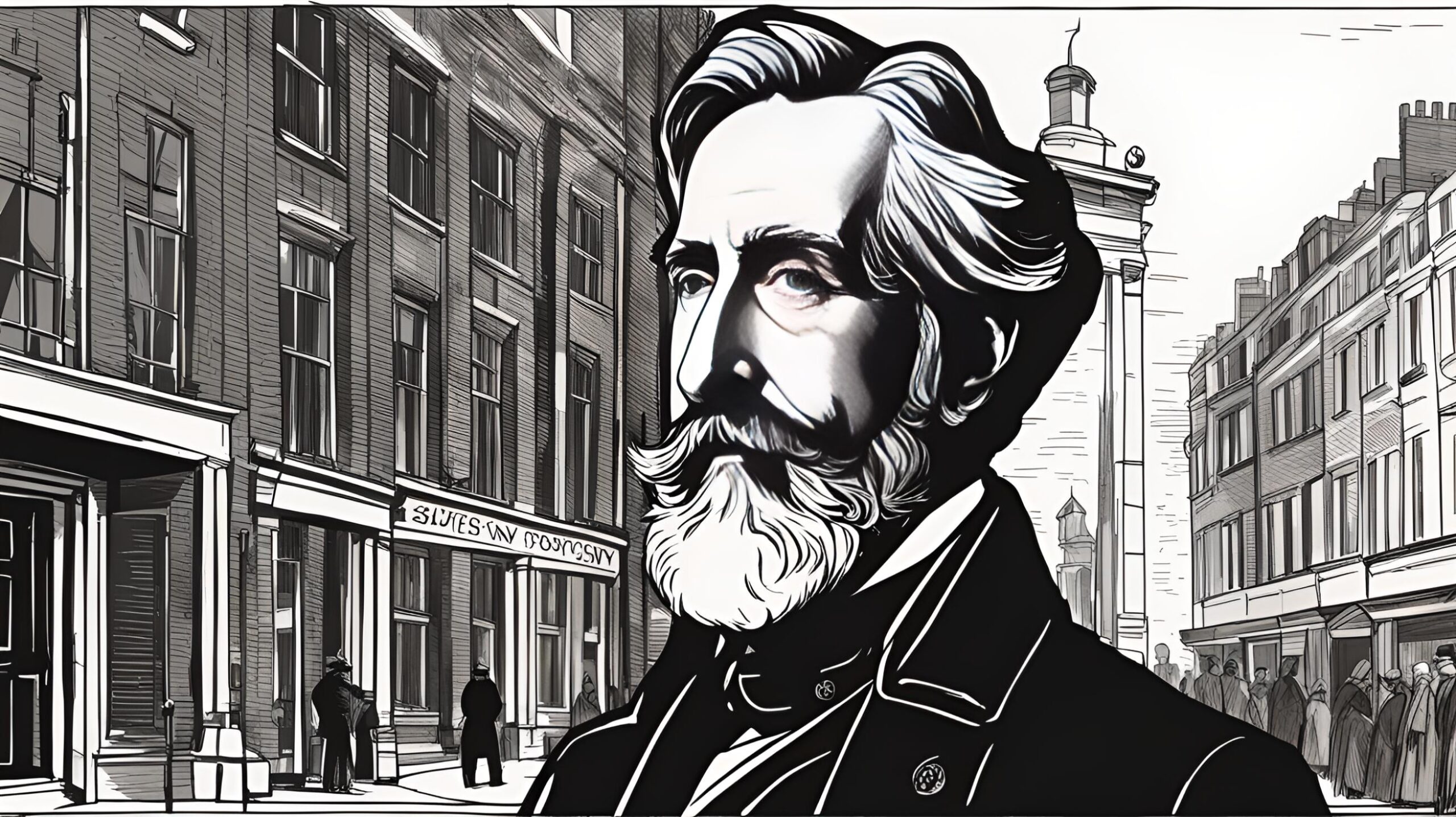Flashback to July 5
American History

On February 12, 1976, a significant event took place in the United States that sent shockwaves through the international community. The US performed a nuclear test at the Nevada Test Site, marking another milestone in the country’s history of nuclear weapons development. This event had far-reaching implications, raising concerns about the global arms race and the devastating power of nuclear weapons.
The Nevada Test Site, located about 65 miles northwest of Las Vegas, has been the primary location for conducting nuclear tests in the United States since the 1950s. The purpose of these tests was to evaluate the effectiveness and safety of nuclear weapons and to gather scientific data for further advancements in atomic technology.
However, the fallout from these tests reached far beyond the borders of the Nevada Test Site. The 1976 nuclear test, in particular, drew significant attention and criticism from the international community, as it heightened concerns about the arms race between nuclear-armed nations. It also fueled the anti-nuclear movement and led to widespread protests against nuclear weapons.
The test, code-named “Divider,” involved the detonation of a nuclear device with a yield of approximately 20 kilotons. This explosion generated a mushroom cloud that could be seen for miles and sent a powerful message about the destructive capabilities of nuclear weapons.
In addition to the immediate visual impact, the nuclear test at the Nevada Test Site had lasting consequences for the environment and health of the surrounding areas. The explosion released a large amount of radioactive fallout into the atmosphere, which traveled with the wind and settled on the ground, water bodies, and vegetation. This contamination posed serious health risks to the local communities and wildlife.
The US government attempted to mitigate these risks by implementing safety measures, such as evacuating and relocating nearby residents before the tests and monitoring the radiation levels. However, the long-term effects of exposure to radiation have been a cause for concern, leading to ongoing debates about the ethics and morality of nuclear testing.
The 1976 nuclear test at the Nevada Test Site also had diplomatic implications. At the time, the United States and the Soviet Union were engaged in a Cold War, characterized by heightened tensions and a nuclear arms race. The test sparked international outcry and condemnation, as it was seen as a provocative action that escalated the arms race further.
The test undermined diplomatic efforts to control the proliferation of nuclear weapons, such as the Treaty on the Non-Proliferation of Nuclear Weapons (NPT), which aimed to prevent the spread of nuclear weapons and promote disarmament. Critics argued that the US’ actions set a dangerous precedent and hindered the progress towards a world free of nuclear weapons.
In response to the international backlash, the US government faced growing pressure to curb its nuclear testing program. This event played a significant role in shaping public opinion and mobilizing anti-nuclear activists, who called for a halt to nuclear weapons development and testing.
The legacy of the 1976 nuclear test at the Nevada Test Site is still felt today. It serves as a reminder of the destructive power of nuclear weapons and the potential risks associated with nuclear testing. The event contributed to the ongoing debate about nuclear disarmament and the need for stronger international arms control agreements.
While the era of large-scale nuclear testing has largely come to an end, the threat posed by nuclear weapons remains a pressing global issue. Efforts to prevent the proliferation of nuclear weapons and promote disarmament continue, as the world strives for a future free from the shadow of nuclear destruction. The lessons learned from events like the 1976 nuclear test at the Nevada Test Site serve as reminders of the urgent need for international cooperation and diplomatic solutions to address these challenges.
We strive for accuracy. If you see something that doesn't look right, click here to contact us!
Sponsored Content

William Booth founded Salvation…
"On July 5, 1865,…

Engagement at Carthage, Missouri.
The Engagement at Carthage,…

C Jackson discovers asteroids…
On July 5, 1937,…

Committee of 9 appointed…
On July 5, 1843,…

William Shockley invents the…
On July 5, 1951,…

President Franklin Roosevelt signs…
On July 5, 1935,…

